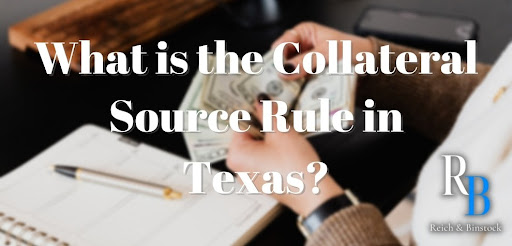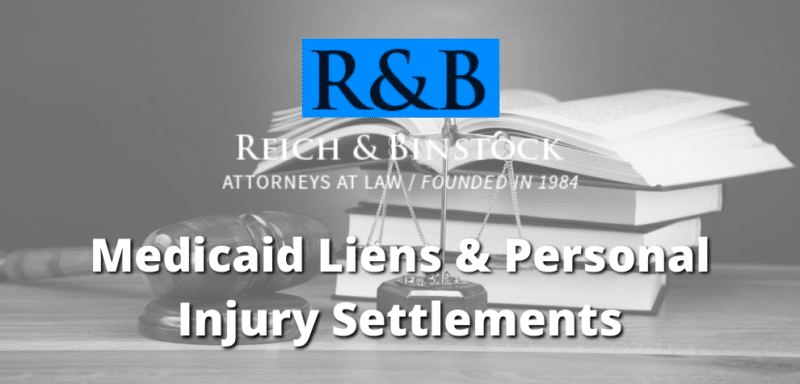INSURANCE & CONTRACT CLAIMS
What To Do If You Think Your Insurance Company Acted In Bad Faith
When you file an insurance claim, you expect that your insurance provider will treat you fairly. After all, you do pay in monthly for the services they offer when the time of need arises. However, the insurance company acts in bad faith when it chooses not to hold up its end of the deal.
If you have insurance, and your insurance company wrongfully denies your claim, you may have a case against your insurer for bad faith. There are various legitimate reasons why an insurance company can deny your claim, such as if your claim is fraudulent or without merit or you did not follow the terms of your policy. However, if none of these circumstances apply, you may want to consider filing a claim. Below are some general guidelines about when to file a claim and what you should do if you suspect your insurance company has acted in bad faith.
If you believe that you’ve encountered bad faith through a wrongful denial of your insurance claim of if you’ve received a lowball settlement for your claim, the experienced Houston insurance attorneys at Reich and Binstock are here to help.
Bad Faith Insurance Tactics Used in Texas
Most people who purchase insurance are not experts in the rules surrounding policy. For most, understanding whether or not they were treated fairly by the insurance company is really guesswork.
If your insurance claim was denied, you may not know whether it was truly justified or not.
It’s so important to understand that insurance providers rely on this unsurety when avoiding fair payment to loyal customers.
Examples of Bad Faith
If you insurance company is in any way intentionally acting in bad faith to avoid paying a legitimate claim, the company is opening itself up to potential punitive damages in the state of Texas. These punitive damages are there to provide you with additional compensation, as well as punish the insurance provider for unfair business practices.
Some of the most common bad faith practices include but certainly aren’t limited to:
No Communication or Lack of Communication
When an insurance company avoids communicating with a customer after her or she files a claim, they may or may not be avoiding their legal responsibility to pay. Insurance providers that don’t acknowledge that they have received your claim or fail to move forward with an investigation may be acting in bad faith.
You should be communicating with your insurance company fair frequently. They should be available to answer your questions and provide you with a timely decision in terms of your claim.
Denying an Insurance Claim Without Cause
Some insurance companies will act in bad faith by denying rightful coverage in hopes that you, as the claimant, will concede to the denial. But, if you are wrongfully denied insurance coverage, you have the right to challenge the decision.
While insurance providers have the right to deny a claim, they also must provide you with valid reasons as to why they made that decision.
Delaying Payment on a Claim
If your insurance provider is using delay tactic to slow down the process, they are acting in bad faith. Another common tactic used by insurance companies is to make unreasonable demands in terms of documents and evidence.
When an insurance company delays the process, this sets the consumer up to accept a lowball offer, since some money is better than no money when times are hard. Those who are in desperate need of the payout they’re rightfully owed are more likely to fall victim to this bad faith tactic.
Pressuring a Claimant to Accept an Unfair Offer
Many, many insurance companies will pressure the claimant to accept an unfair settlement. Insurance companies acting in bad faith may hint at or downright lie that there isn’t another offer available. In some cases, they’ll play “good cop, bad cop”, stating that your policy technically doesn’t cover the expense, but that they will provide a low amount of coverage for your damages.
In this case, hiring an experienced Houston insurance claims lawyer who’s well-versed in insurance law will help to get you the amount you are actually owed, and in some cases, secure punitive damages on your behalf.
Changing your Insurance Policy or Cancelling without Notice
If an insurance company changes your insurance policy in any way without your permission, they are acting in bad faith.
Many times, this is an effort to minimize your compensation or deny your claim completely. They will base the eligibility of your claim off of the revised policy versus the policy that you agreed to.
You should always keep a copy of your original insurance policy to ensure this doesn’t happen to you. And, if you believe your insurance provider may be guilty of this act, ask them for the original documentation. If you’re unsure of the validity of said document, bring this up in your free consultation.
When Should I File My Insurance Claim?
If you have experienced a loss, whether it's damage to your car, your home or your personal property, it is best to file a claim with your insurer as soon as possible. Get in touch with your carrier promptly and go over your policy. Keep a record of whom you spoke with, the date and time of the conversation and the content of that conversation.
What Should I Do If I Believe My Insurer Is Acting In Bad Faith?
If you have submitted a claim to your insurance company and you believe the claim has been improperly denied, contact your carrier's Director of Claims department. Get a mailing address and send a letter detailing why you believe your claim is a legitimate claim. Also, get in touch with your state's Department of Insurance Commissioner and ask for your case to be reviewed. If the matter does not get resolved, it's time to speak with a qualified attorney.
What Do I Do Once I've Spoken With An Attorney?
Once you've spoken to an attorney, you can contact your insurer to let it know that you have obtained counsel and are prepared to sue should it continue to wrongfully refuse to pay out your claim. Your attorney may attempt to negotiate a settlement. If your insurer is still not cooperating, your attorney will inform your carrier that a lawsuit will be brought against them.
What Damages Will I Be Able To Recover If I Prevail?
If you prevail in your lawsuit against your insurer, you may recover the original claim plus all other damages and losses incurred due to the bogus refusal to pay the claim. You're also likely to be awarded your attorney fees and some compensation for any emotional distress you suffered.
Bad Faith Claims Help in Houston, Texas
There is no need to be cheated out of a just claim because of deceptive tricks of the insurance trade. With nearly 30 years of experience going to the mat on behalf of damaged victims who battle insurance companies, our attorneys will not hesitate to file an insurance bad faith lawsuit, if necessary, in pursuit of the claim that you deserve. Our specialized experience and expertise will start working for you as soon as possible at no charge. For a free consultation with a lawyer at our Houston office, call us at 713-622-7271 or 800-622-7271 toll free or complete our confidential online form for a free case evaluation.
There is never a fee unless we recover on your behalf.
Additionally, clients are not obligated to pay expenses if a recovery is not made.



















